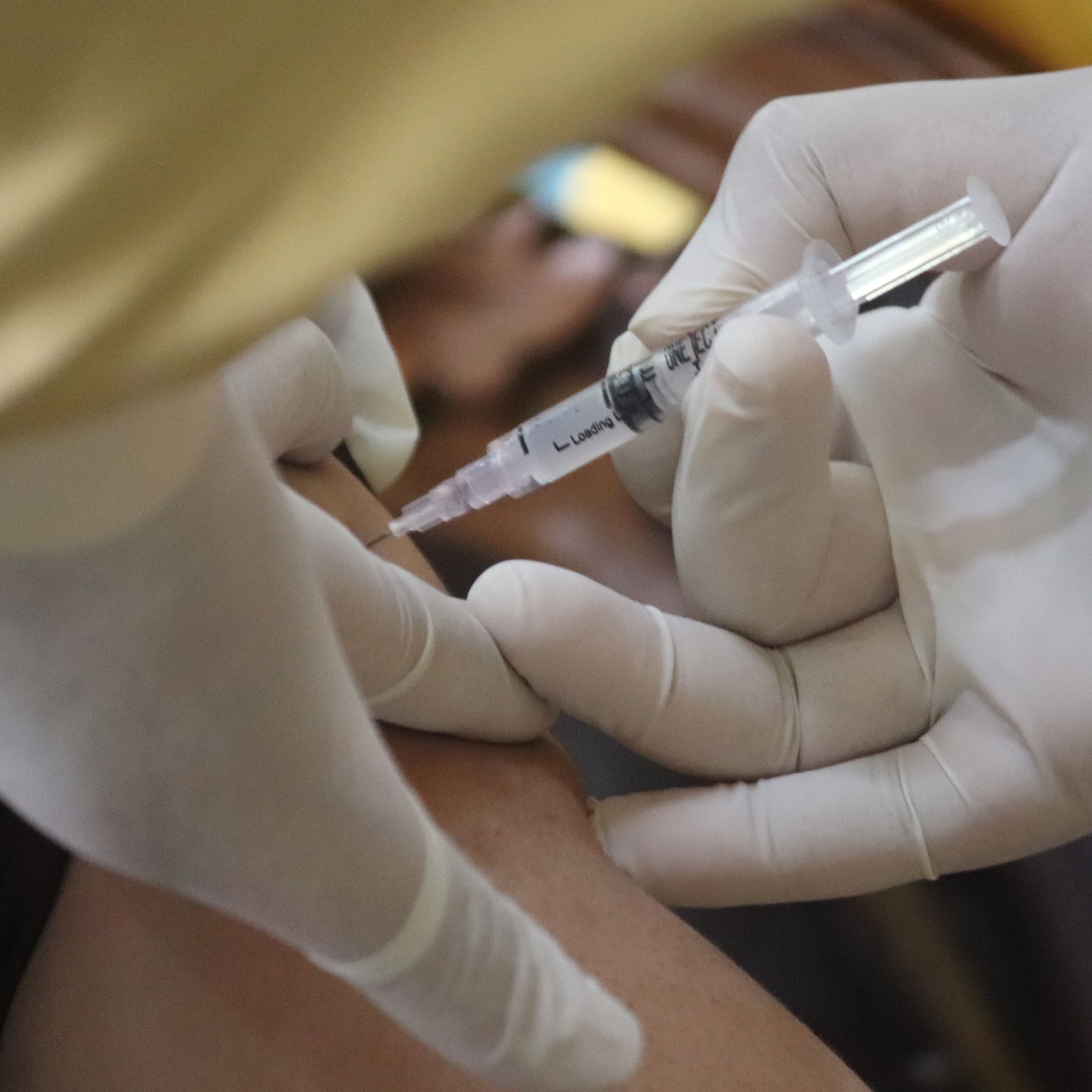Article
Most Frequent Cutaneous Reactions to Two COVID-19 Vaccinations Found to be Local, Morbilliform
Author(s):
A letter to the editor from China explored the various types of reactions to two types of vaccines for COVID-19.

In a recent letter to the editor, the most common cutaneous reactions to the CoronaVac or ZF2001 vaccines for COVID-19 were identified as being local or morbilliform reactions.
Cutaneous reactions to COVID-19 vaccinations applied in China had been reported periodically, but they primarily related to mRNA vaccines rather than these 2 vaccine types.
The team organizing the letter was led by Qian Li, MD, of the Department of Dermatology at Hebei Medical University Third Affiliated Hospital in China.
“As the mass vaccination strategies had been carried, cutaneous adverse reactions to COVID-19 vaccines have been progressively reported,” Li and colleagues wrote. “But previous studies were mainly about mRNA vaccines and the cutaneous reactions of Chinese people to the CoronaVac or ZF2001 vaccines were rarely reported.”
The research in the letter was conducted to assess the reactions resulting from the CoronaVac and the ZF2001 vaccines, with data on patients extracted from a single center from May to November of 2021.
Background
The data included in the letter was taken from 61 total patients in the age range of 18 to 71, with an average age of about 30. Six of those patients did not continue the follow-up appointments, so 55 were included in total.
The investigators found that approximately 50.8% of patients had been of good health, and the other half had chronic or allergic diseases without any gender-related differences.
They noted that 44 patients reported cutaneous reactions only a single time and that 11 patients dealt with 2 or 3 cutaneous reactions.
Findings
The data collected by the letter’s authors concluded that the 2 most common reactions in each vaccine group were local reaction to ZF2001 at a rate of 69%, and morbilliform reaction to CoronaVac at a rate of about 31%.
The investigators observed a wide variety of reactions, of which the most common were:
- Local reactions
- Urticarial eruptions
- Morbilliform rashes
- Herpes
- Psoriatic lesions
- Acne-like responses
- Pityriasis rosea-like reactions
- Atopic dermatitis
- Dermatomyositis
When each of those who reacted received traditional treatments—defined by the investigators as antiviral, antihistamine, glycyrrhizin, glucocorticoid, and Chinese patent medicine—they improved in condition.
The team noted that female patients were more likely to develop local reactions, and the male patients were more likely to develop psoriasis than females. Furthermore, 74.6% of patients reported having cutaneous symptoms within 3 days and there was no major difference in reaction time between the sexes.
“Totally, most cutaneous reactions after vaccination are mild, and a large proportion of patients could resolve through conventional therapy within 7–14 days,” they wrote. “This study may help physicians to provide relevant advice for vaccine counseling and to treat cutaneous reactions.”
The letter, “Cutaneous reactions after COVID-19 vaccination: A single-center retrospective study in China with 61 cases,” was published online in the Journal of Cosmetic Dermatology.





